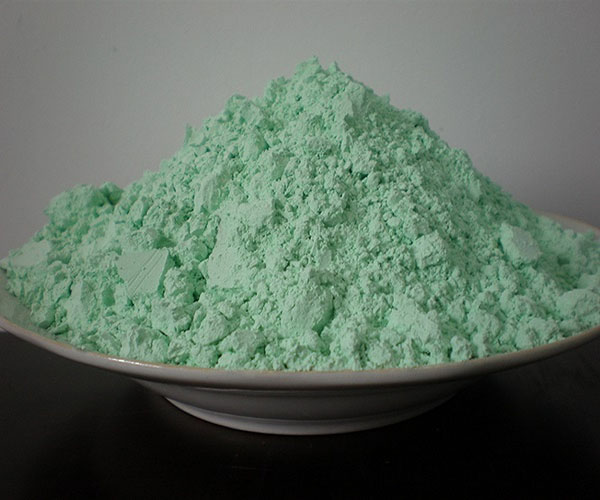Nickel Hydroxide (Ni(OH)2) is an inorganic compound with a variety of properties that make it useful across different industries. Here is an overview of its attributes and applications:
Properties of Nickel Hydroxide:
Physical Appearance: Nickel Hydroxide is a green or brown solid, depending on its degree of hydration and particle size.
Solubility: It is slightly soluble in water and alcohol but dissolves in acidic solutions.
Stability: Nickel Hydroxide is stable in a neutral to slightly basic environment but decomposes at high temperatures to form nickel oxide (NiO) and water.
Electrical Conductivity: When used in battery applications, Nickel Hydroxide exhibits good electrical conductivity, which is essential for the functioning of electrodes.
Catalytic Activity: Nickel Hydroxide has catalytic properties that can be utilized in various chemical reactions.
Uses of Nickel Hydroxide:
Battery Technology: Nickel Hydroxide is a key component in the production of rechargeable batteries, such as nickel-metal hydride (NiMH) and nickel-cadmium (NiCd) batteries. These batteries are used in a wide range of applications, including portable electronics, electric vehicles, and energy storage systems.
Environmental Remediation: Nickel Hydroxide is used as a catalyst in environmental cleanup processes, such as the removal of pollutants from industrial wastewater and the purification of air.
Chemical Industry: It serves as a catalyst or an intermediate in various chemical reactions, including the production of other nickel compounds and the synthesis of organic compounds.
Pigments and Coatings: Nickel Hydroxide is used in the production of pigments for ceramics and glass, providing a green color. It can also be used in coatings for corrosion resistance.
Electronics: In the electronics industry, Nickel Hydroxide is used in the manufacturing of capacitors and other electronic components due to its dielectric properties.
Hydrogen Production: Nickel Hydroxide can be used in the electrolysis of water to produce hydrogen, which is of interest for renewable energy applications.
Due to its unique properties, Nickel Hydroxide is a valuable material in modern industry, contributing to advancements in energy storage, environmental protection, and chemical manufacturing.
 English
English Español
Español Português
Português Français
Français Deutsch
Deutsch Русский
Русский 中文
中文 日本語
日本語
